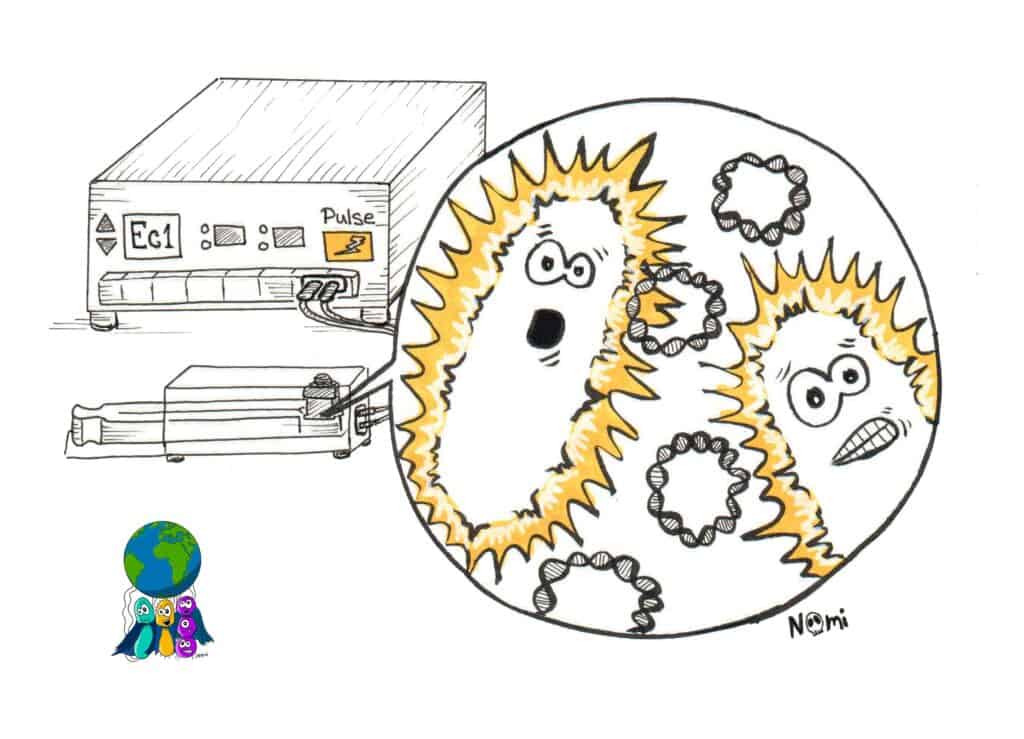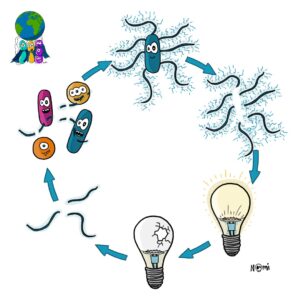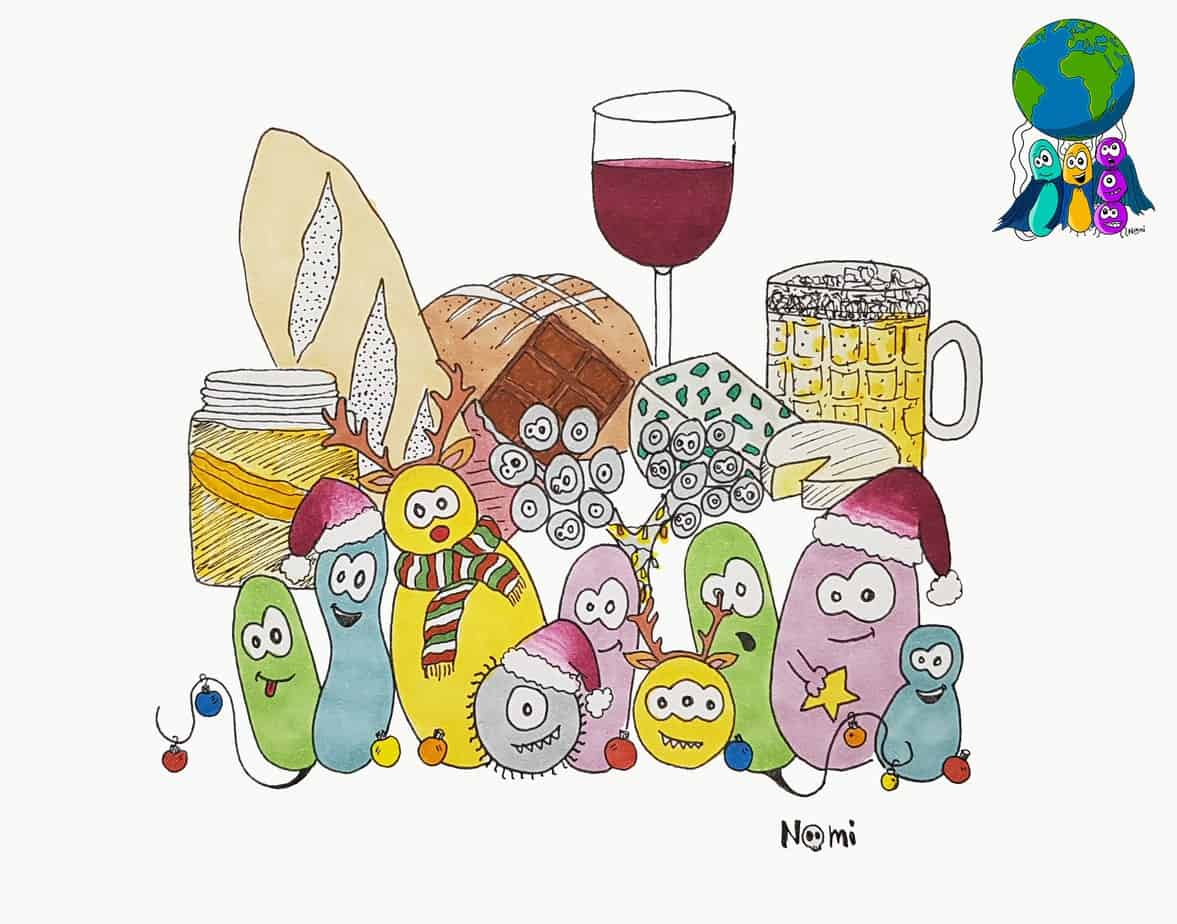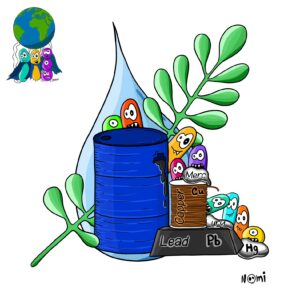Microbiology is the study of microscopic organisms, such as bacteria, viruses and fungi. It incorporates many areas of our everyday lives, in food production, genetic engineering and the cure and prevention of diseases. In fact, it’s through microbiological research that antibiotics were discovered and are safe to administer to patients across the globe.
Below are a few ways how bacterial research is and continues to make advancements in modern science.
Treatment Courses
Microbiologists working in diagnostic laboratories perform tests on samples which come from either humans or animals. Doctors or veterinarians analyse these samples to detect the susceptibility or resistance of bacteria to antimicrobial drugs. This kind of research is incredibly important when it comes to discussing the right courses of treatment and future preventative measures that can be taken.
Similarly, biochemists and microbiologists analyse body fluids to identify if and which disease-causing organisms are present. With this bacterial research, doctors can adequately diagnose patients to ensure that they get the right treatment plan in the shortest time possible. Also, the research done by biochemists helps nurses and doctors alike to understand what will and won’t work for certain patients.
Food Health
With microbiological techniques, food preservation is possible. Thanks to modern science and continual research, microbiologists can identify pathogens in food products. These pathogens, if left alone, can end up spoiling the goods and make us sick.
By examining multiple food samples, researchers can determine if contaminants are present and what kind they are. For instance, the type of bacteria that may be found. The results of such examinations help scientists assess the products that are dangerous to human health and those that are not.
Manufacturing Foods
Microbial fermentation helps break down larger food components into simple ones. It is one of the most natural ways for improving vitamin, protein and anti-nutrient content as well as enhancing the flavour and appearance of food.
Fermentation processes are based on microbes like yeast and bacteria that change the food matrix of fruits, vegetables or beverages. Fermented foods include sourdough bread, beers, wine, yoghurt, sauerkraut, kimchi and even cheese.
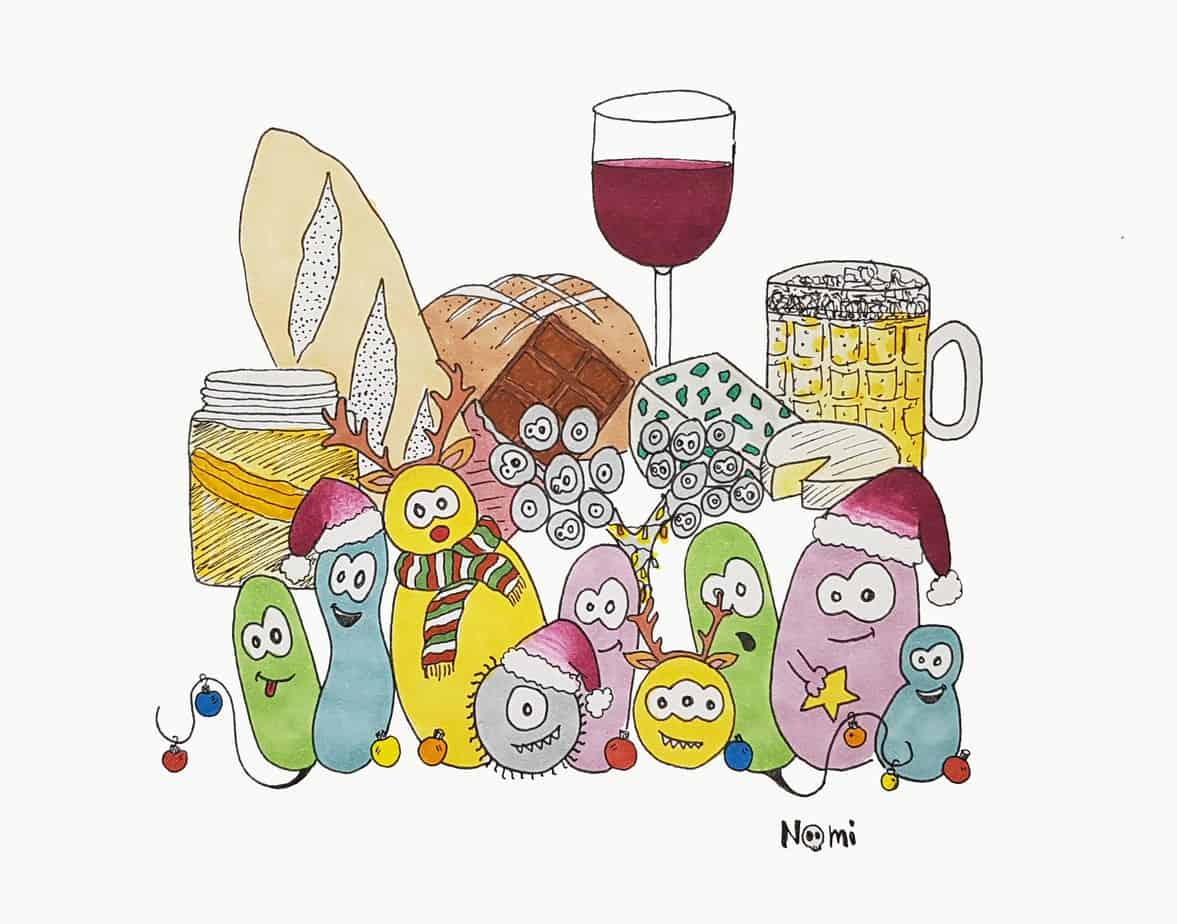
Medicine
Studying how the human immune system works is incredibly important. To shed light on this question, microbiologists and immunologists work closely together to unravel how pathogens overcome the immune shield of the body. Based on this knowledge, they can then aim to find strategies to fend pathogens off.
Microbiologists are further investigating how “good microbes” help our body function. By better understanding how the human microbiota works and supports us, researchers are aiming to find new strategies to use the microbiota to keep us healthy and fit.
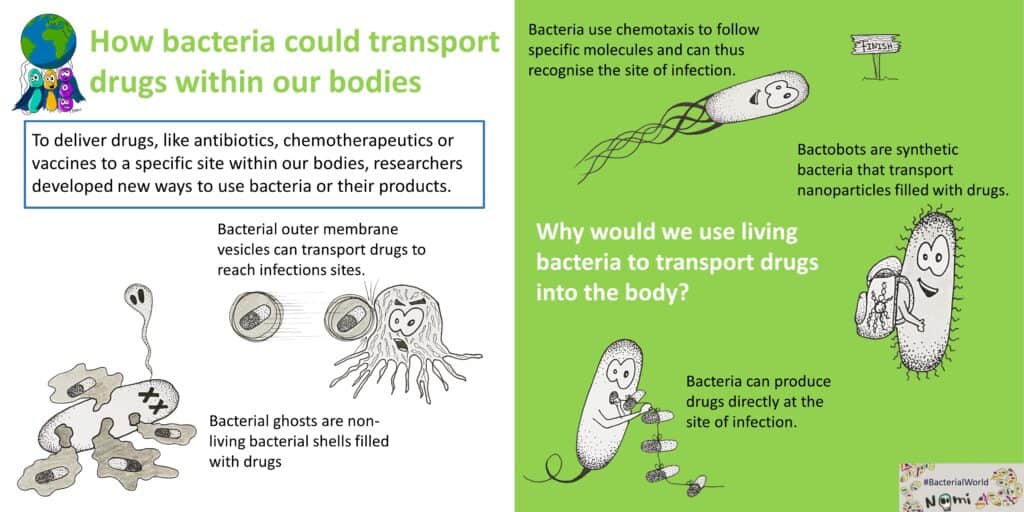
Since the human microbiota also impacts disease and treatment progresses, researchers are currently looking into ways to support the microbiota. This would eventually improve treatments and support the health of people.
The Future of Microbiology
There’s something positive on the horizon regarding the future of microbiology. All of the scientific shifts have brought about new opportunities in different areas of study: food manufacturing, fermentation, medicine and treatment. Such developments will only be beneficial to human life and the environment around us.
Proper, up-to-date Microbiology Laboratory Equipment is an essential part of any microbiology lab no matter the type of research. Advancements in the technology used by microbiologists help accelerate their research and progress in discovering new pathogens and treatments.

